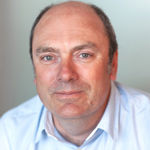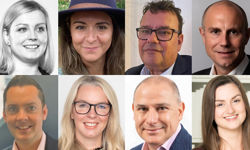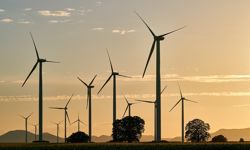
Focusing this year on Journalism in the Age of Pandemics, the inaugural event takes place online on 23 and 24 November and will include input from scientists, journalists and public health officials. It is designed to help newsrooms draw lessons from existing COVID-19 coverage, build competencies in better evidence-based storytelling, and assist them in planning for future large-scale science or public health emergencies.
Participation is free. Information on the eSummit and registration is available here.
The eSummit is part of a new broader Science in the Newsroom programme, consisting of high-impact workshop training and sharing of the best newsroom practices. Supported by Temasek Foundation, the programme seeks to bridge gaps in specialist health and science reporting skills, and better tell stories to address misinformation around complex issues and build greater trust in newsrooms’ ability to meet the information needs of the communities they serve.
Following from the eSummit, says WAN-IFRA, the programme will also produce a journalism handbook as a handy reference summarising key learnings, action points and resources for sharing with newsrooms worldwide, as well as build up and nurture a global online community of new science and health reporters worldwide and put in place building blocks and supports to better prepare for reporting of future crises.
The first run of the programme training in August and September 2020 attracted the participation of close to 90 journalists, from Africa, South Asia and Asia-Pacific. They will be invited to attend the eSummit as well to learn from topical insights shared by panellists. More information on the programme training is available here.
Warren Fernandez, Editor of the Straits Times, and President of the World Editors Forum said the Covid-19 pandemic has presented both a challenge and an opportunity for newsrooms.
Benedict Cheong, Chief Executive of Temasek Foundation Connects, said: “Many newsrooms are seeing a spike in readership, as people look for reliable and authoritative writers they can trust. To build that trust, we need to have the expertise on the subject, and the skills and ability to communicate the complexity of the medical and scientific issues in ways that people can understand and relate to. This summit, as well as the training, is designed to do that.”
“The current public health crisis has shown the value of accurate and responsible science and health reporting. It is an unenviably difficult but indispensable task for newsrooms to navigate through data and science to tell the story meaningfully. We hope that this programme provides an opportunity for newsrooms to connect with one another, explore strategies and techniques, and synthesise the learning over the past months to stay relevant to the changing times.”












